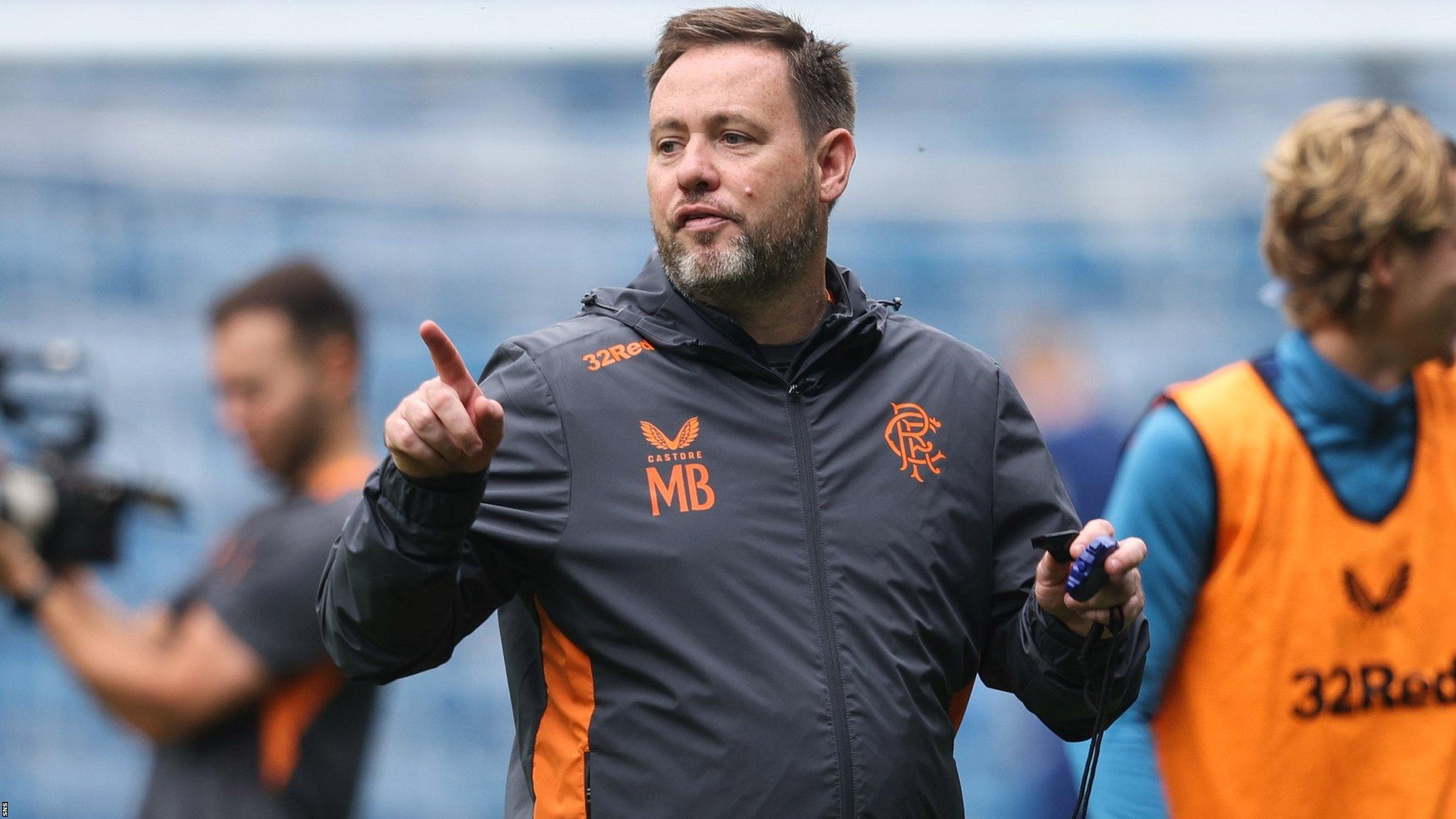Ex-Rangers boss names the two ‘fantastic’ players who were key to success of star Ibrox attackers
Former Rangers Coach, Michael Beale finds himself reflecting on a management career that has so far been defined by momentum, expectation and abrupt disruption — and he’s now making clear his focus has shifted: he is seeking stability in a world where managerial posts too often feel anything but.
Beale has been out of a head-coach role for some 20 months, his last stop being a turbulent stint at Sunderland AFC, which followed a difficult tenure at Rangers FC. In both cases, the excitement and promise that accompanied his appointments gave way to frustration and departure. At Rangers he was dismissed after just ten months in charge. ( At Sunderland, he lasted just 12 games, winning four, before leaving the club in February 2024.
Yet, despite those setbacks, Beale insists he still has more to offer — and crucially, that what he now wants is a project which allows time, relationships and realistic expectations. “The life of a football manager lacks stability,” he admitted, “but I think I am at my best when I am at a place for a while, building relationships over time and building belief.”
For Beale, this is more than post-job reflection — it is a recalibration of his approach. Having been regarded earlier as one of the rising coaching minds, thanks to his work alongside Steven Gerrard at Liverpool, Rangers and Aston Villa, he acknowledged the steep step-up into being the boss himself hasn’t always delivered the results he or his clubs wanted.
He now speaks openly about wanting an environment where trust, time and culture can be nurtured — rather than being thrown into the deep end and judged harshly if the early results don’t fall the right way. He emphasises that what he seeks is “the same coach” he was when he felt in a sweet-spot at his previous roles — someone who thrives when given a stable base, rather than being pulled in a dozen directions.
Of course, the challenge is real: the modern football environment is ruthless and impatient. Clubs under pressure demand instant upturns; supporters demand trophies; boards measure every point, every loss. Beale’s own record — though strong in many stretches — is tethered to two very high-profile departures, which leaves questions hanging. For example, he admitted that the problems he faced at Rangers “followed” him to Sunderland.
However, the veteran coach’s mindset appears refreshed. He speaks of being a “football obsessive” — one who still relishes the daily immersion in training, tactics and player development.
He accepts the past, but believes it has helped sharpen what he truly wants from his next job. And it’s this: a club willing to give him time, to let him build something rather than just deliver it overnight; somewhere he can stay long enough to leave a mark rather than being a footnote.









